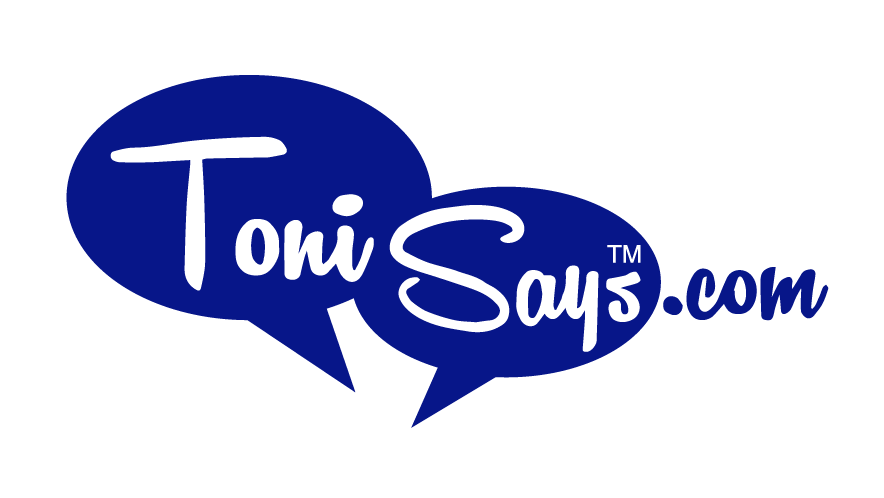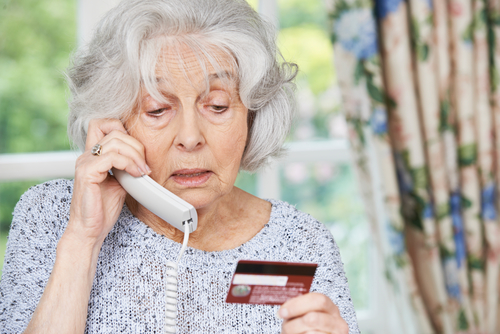Granny Scams are Swindling the Elderly
Out of Billions
Good Morning Toni:
Monday, Channel 2 exposed a “granny scam” which stole $thousands from an elderly woman who thought her adult daughter was kidnapped. This is the second scam that I have heard about in the last week. Another elderly couple had a phone call from their grandson who was in jail and needed $1,600 to bail him out. Both calls were false and scammed thousands.
What is strange is that both situations were told to go to CVS and use the Money Gram kiosk to send the money. They knew all of the personal information about the senior’s family and even the nick name that they called their grandparent. The money was wired and not a check or credit card, there is no way for either of my friends could get their money back.
Many read your column each week and I thought this would be a great topic for the Medicare community. Please explain what to do if we get one of these calls.
…Andy, a concerned Grandpa from Kingwood, TX.
Great Story Andy:
With over 33 million Americans over the age of 55 on Facebook that contains easily accessible personal information. In today’s rapid internet society, it is easier than ever for scammers to get their hands on your personal data that helps them steal from unsuspecting victims who grandkids are more valuable than diamonds and rubies.
Many think that only their friends can see their personal information and what they are posting, but the slime of the Internet is watching what you are posting. Your Facebook account shows thieves personal information such as where you live, postings with grandkids and what your nickname or your family members’ nicknames are. Many post personal information about special family occasions, your new car, a new ring and pictures of when you or a family member are out of town and telling the thieves everything they need to know to do a scam.
We always tell our kids not to talk to strangers, but we tend to forget that, on Facebook, many of those we are speaking to we have never met. And then you get that phone call saying that your grand son or daughter is in jail or that your family member has been kidnapped. He or she now needs your help and only money will solve this problem. All the scammer has to do is Google for the grandparent’s phone number, make the call and the scam is on!!
The CVS Money Gram system is the simplest, stress free system for thieves to operate.
Be aware of what you are placing online. Scammers take advantage of seniors’ compassion and their eagerness to help a family member who is in trouble.
How to Keep the Elderly Phone and Internet Safe from Scammers:
- Make your elderly loved ones aware that this scam exists.
- Have a special password that only you and your family member know. Do not post this special password online or anywhere that anyone can view.
- Ask the caller detailed questions that only your family member would know.
Call other relatives to verify that the family member is safe. - If the caller says that this situation is a secret and do not tell anyone. Know that this is a red flag.
- Call and check on your loved one by their current phone number. Always verify.
- Have another family member check out the story no matter what.
Scammers are often operating from other countries, making it almost impossible to prosecute them.
Toni Kingis the author of the Medicare Survival Guide®, which is on sale at her Website. The “Confused about Medicare Workshops” are taking a summer vacation and will return in August. Personal consultations are available by contacting Toni at Ask Toni or by calling 832/519-8664.


